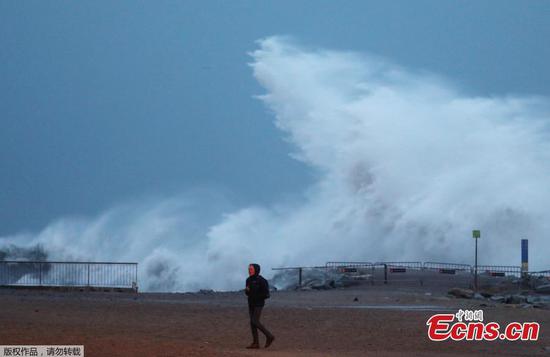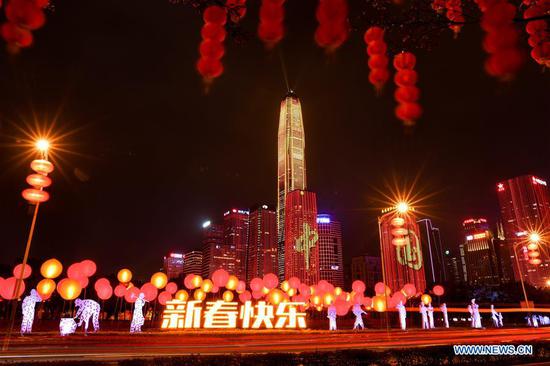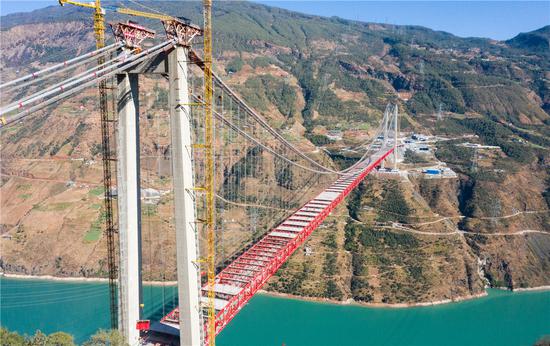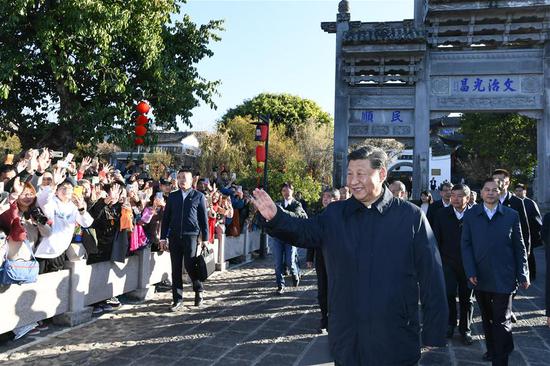Paper suggests govt grants regulator powers to uphold 'toughest standards'
The editorial board at the British newspaper Financial Times has come out against a full ban on Huawei equipment in 5G networks in the United Kingdom, saying the move would be "too costly to justify".
In an editorial published this week, the paper, which is also known as the FT, suggests that the UK government should consider excluding Huawei kit from the most sensitive parts of British networks, but says it should stop short of a total ban and allow mobile operators to use Huawei equipment in "non-core" infrastructure, such as the masts and antennas used in radio access networks.
The UK government is considering joining a boycott of Huawei that is being led by the United States, which claims the Chinese company poses a cyber-security threat.
A full ban on Huawei would likely delay the rollout of 5G networks in the UK, and the FT said Prime Minister Boris Johnson must view security concerns within the wider context of "overall national interests".
"The first wave of 5G, moreover, will be built on top of existing 4G infrastructure," the FT said. "Banning Huawei from even the periphery would force operators to rip its equipment out of current networks-causing disruption, expense and delay-and wait for other suppliers to catch up with its technology. On various estimates, 5G rollout could be delayed by two to several years, reducing the broader economic benefits and holding back the UK tech industry."
The FT added that Huawei needs to "rapidly address concerns" about its cyber security standards that were raised last year by the UK Huawei Cyber Security Evaluation Centre. The newspaper also suggested that the government grants communications regulator Ofcom stronger powers to hold telecoms operators to the "toughest security standards in network design".
Last week, U.S. security officials visited London to attempt to persuade their British counterparts that Huawei products pose a security threat. However, a UK government source told The Guardian that no new evidence was provided in the presentation.
"We'd already anticipated the kind of threat that the U.S. material demonstrates, and factored that into our planning," the unnamed source told the British newspaper.
On Tuesday, Huawei founder Ren Zhengfei said he anticipates the U.S. will continue to lobby against the company.
"This year, the U.S. might further escalate their campaign against Huawei but I feel the impact against Huawei business will not be very significant," Ren said at the World Economic Forum in Davos, Switzerland. "We are more confident that we can survive further attacks."
On the weekend, former prime minister Theresa May's one-time national security adviser, Mark Lyall Grant, said he expects Johnson will allow Huawei to operate in non-core parts of UK networks.
"The intelligence agencies are expressing confidence that they can sufficiently mitigate any potential security threat to allow Huawei to continue to provide at least the noncore telecommunications equipment for 5G rollout," he told The Observer newspaper. "The government has developed an oversight mechanism which they are confident will work. Combine that with the fact that Huawei has more advanced technology than the alternatives, I think it is relatively likely that Boris Johnson will come to the same conclusion."
Germany is also set to make a determination on Huawei's involvement in 5G networks.
On Monday, Germany's chancellor, Angela Merkel, asked lawmakers to delay decision-making until after a European Union summit in March, according to Reuters. Merkel had previously stated that she favors an EU-wide approach to the Huawei issue.


















































